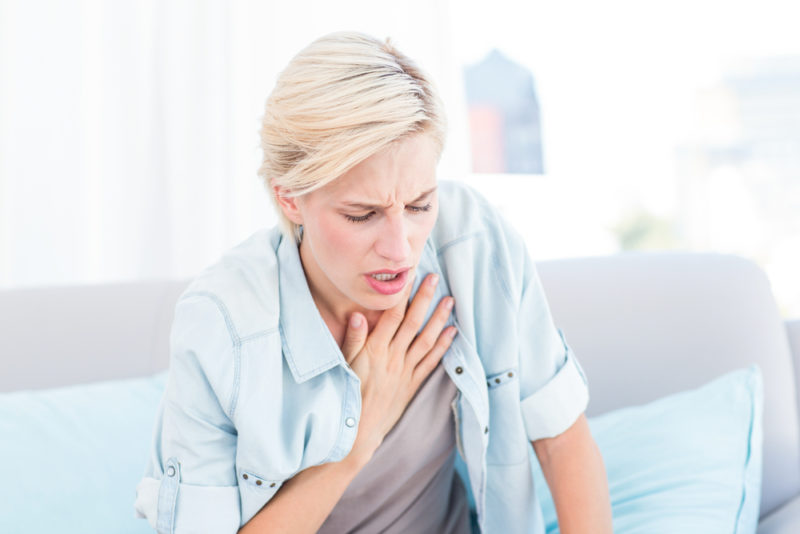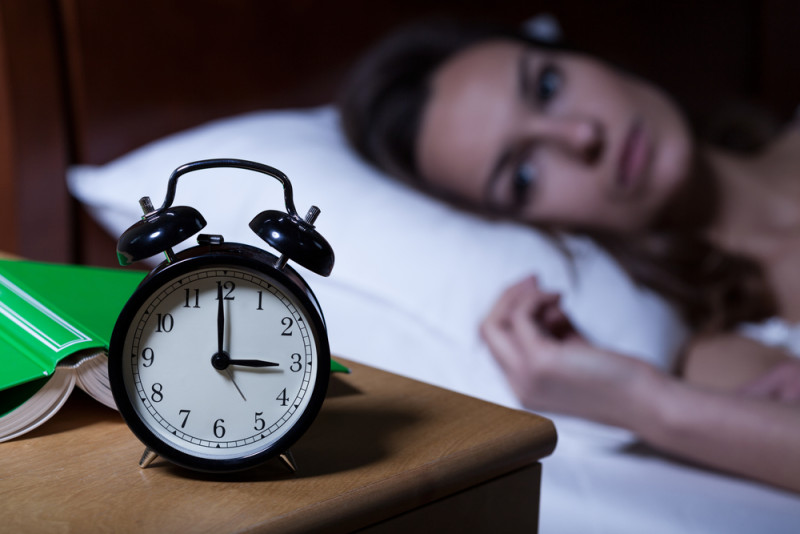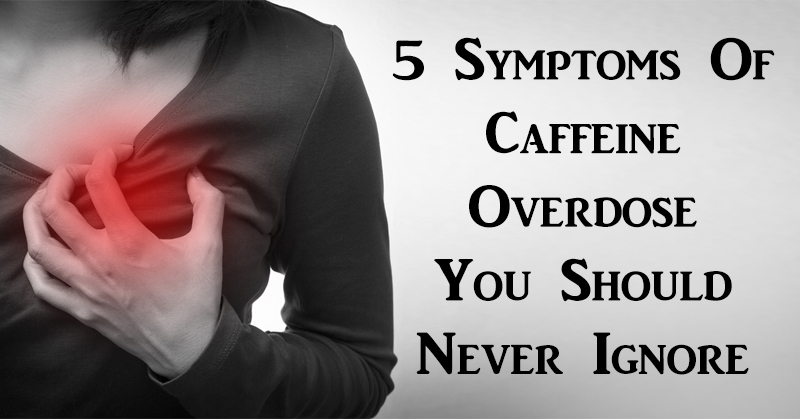It’s very possible to overdose from caffeine. Many adults, teens and even children use energy drinks, sodas or coffee to kick-start their day, get them through an afternoon slump or help them pull and all-nighter studying or preparing for a presentation.
The topic of caffeine overdose has been in the news lately, after the tragic death of David Allen Cripe. The 16-year-old suffered a cardiac event and passed away after consuming three caffeinated drinks in just a few hours. While a cup of coffee might help wake you up and improve your focus, too much caffeine can be deadly.
Here are five symptoms of caffeine overdose you should never ignore:
1. Rapid, Shallow Breathing
According to researchers at Carnegie Mellon University, large doses of caffeine are known to raise blood pressure levels, stimulate the heart and cause rapid, shallow breathing. Shallow breathing deprives the brain of oxygen. When you don’t have enough oxygen in your brain, your thinking can become irrational. If you’ve had a good amount of caffeine and you’re having trouble breathing, its a sign your body may be struggling with too much caffeine.

2. Jitters
If you’re a coffee drinker, you’ve probably experienced the jitters when you’ve had a bit too much. Your hands start shaking, often triggering reflexes, and you feel a trembling sensation accompanied by feelings of anxiety. Drinking a few glasses of water and eating a light snack can help the feeling subside.
3. Dizziness And Nausea
Dizziness, nausea, diarrhea and seizures may all occur when too much caffeine enters the body. Large amounts of caffeine can cause you to become dehydrated, leading to dizziness and nausea. Caffeine stimulates the colon and the digestive tract. Too much can cause unwanted digestive issues, including diarrhea.

4. Elevated Heart Rate And Heart Palpitations
Caffeine stimulates your heart rate. For most people, this effect isn’t deadly. But for people who have heart abnormalities or other heart conditions, caffeine can trigger cardiac arrest, causing death. The same is true for those who have an excessive caffeine intake. Too much caffeine can cause heart palpitations and an elevated heart rate in someone who is perfectly healthy, which can prove deadly.
5. Insomnia
One cup of coffee in the morning can help you kick-start you day. But if you’re drinking caffeine well into the afternoon or evening, you’ve probably had too much. Even one caffeinated drink too late in the day can keep you awake at night. Excessive caffeine intake can stay in your system for hours. If you suffer from insomnia, it may be related to your caffeine intake.

What To Do If You Suspect A Caffeine Overdose
If you believe you are suffering from a mild caffeine overdose with shaky hands and a jittery feeling, drink a few glasses of water and eat a snack to help the effects wear off. Make sure you stay hydrated and avoid caffeine for at least 24 hours to get it out of your system. If you suspect that you or someone you know is suffering from a severe caffeine overdose, seek emergency medical attention immediately.
Watch the video below to learn about how caffeine affects your brain and body:
Sources:
Palmetto Poison Center
Forbes
The Washington Post


